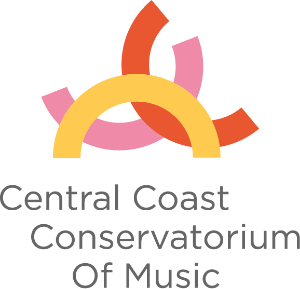
OUR PEOPLE
Music Therapy
Emma Townsend
Violin Teacher, Music Therapist
As a registered music therapist, violinist and chamber musician with a background in early childhood education, Emma Townsend is well-placed to understand the needs of young music students and how to nurture their talents.
“My studies in music therapy and early childhood education have given me a greater understanding of the emotional world of children. This has made me better at adapting to the client/student and their needs as well as building greater connections with students and clients,” said Emma, who is the Central Coast Conservatorium of Music’s Head of Music Therapy and violin tutor.

